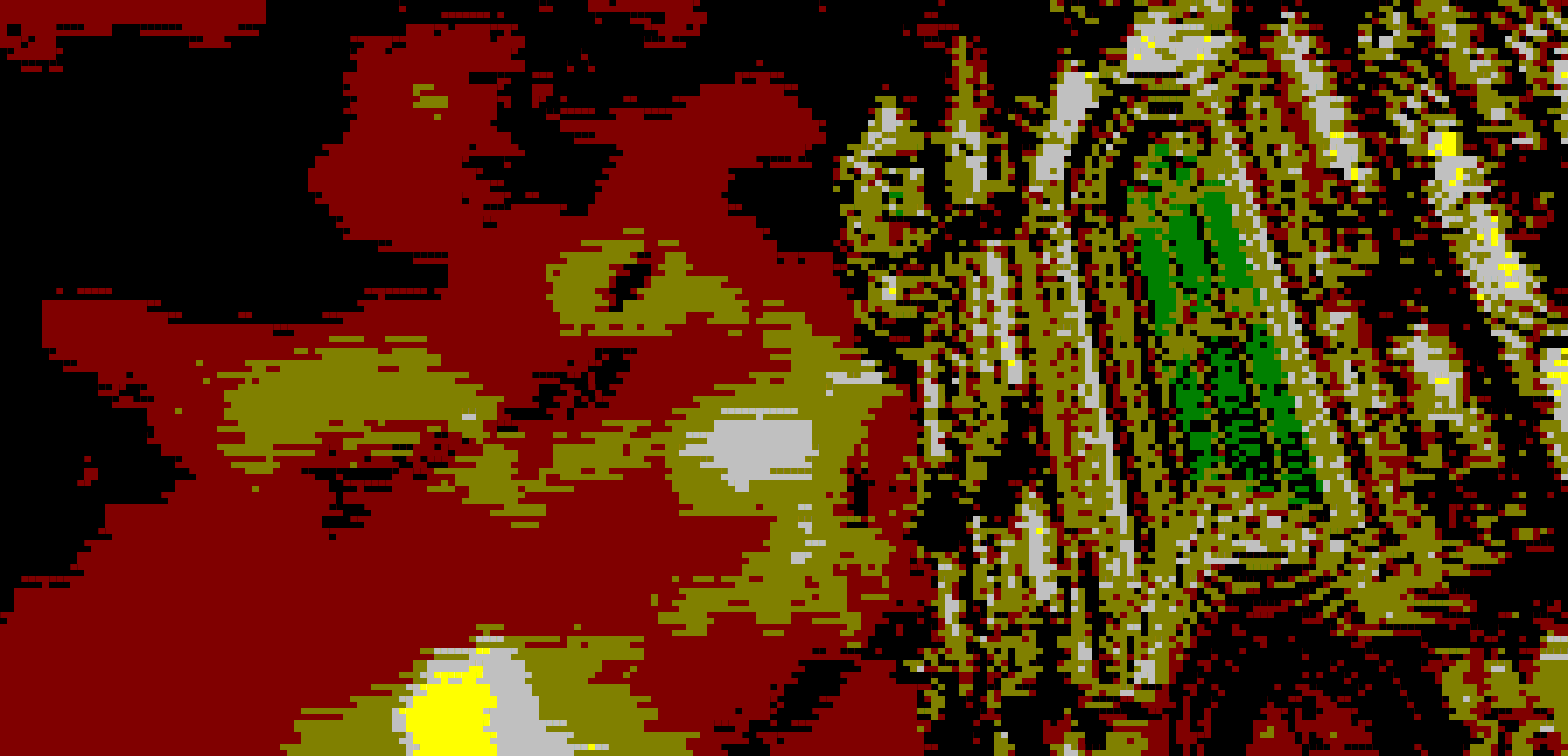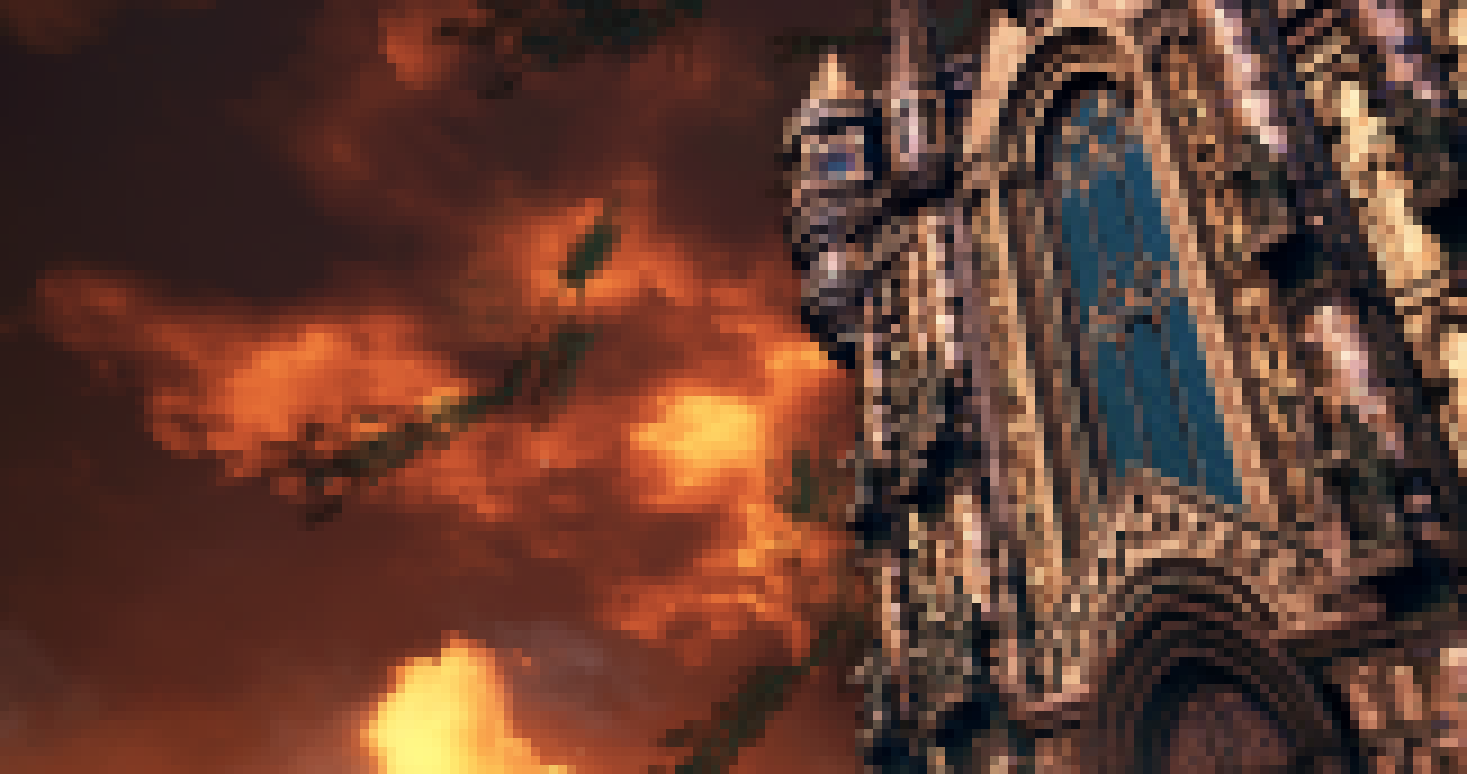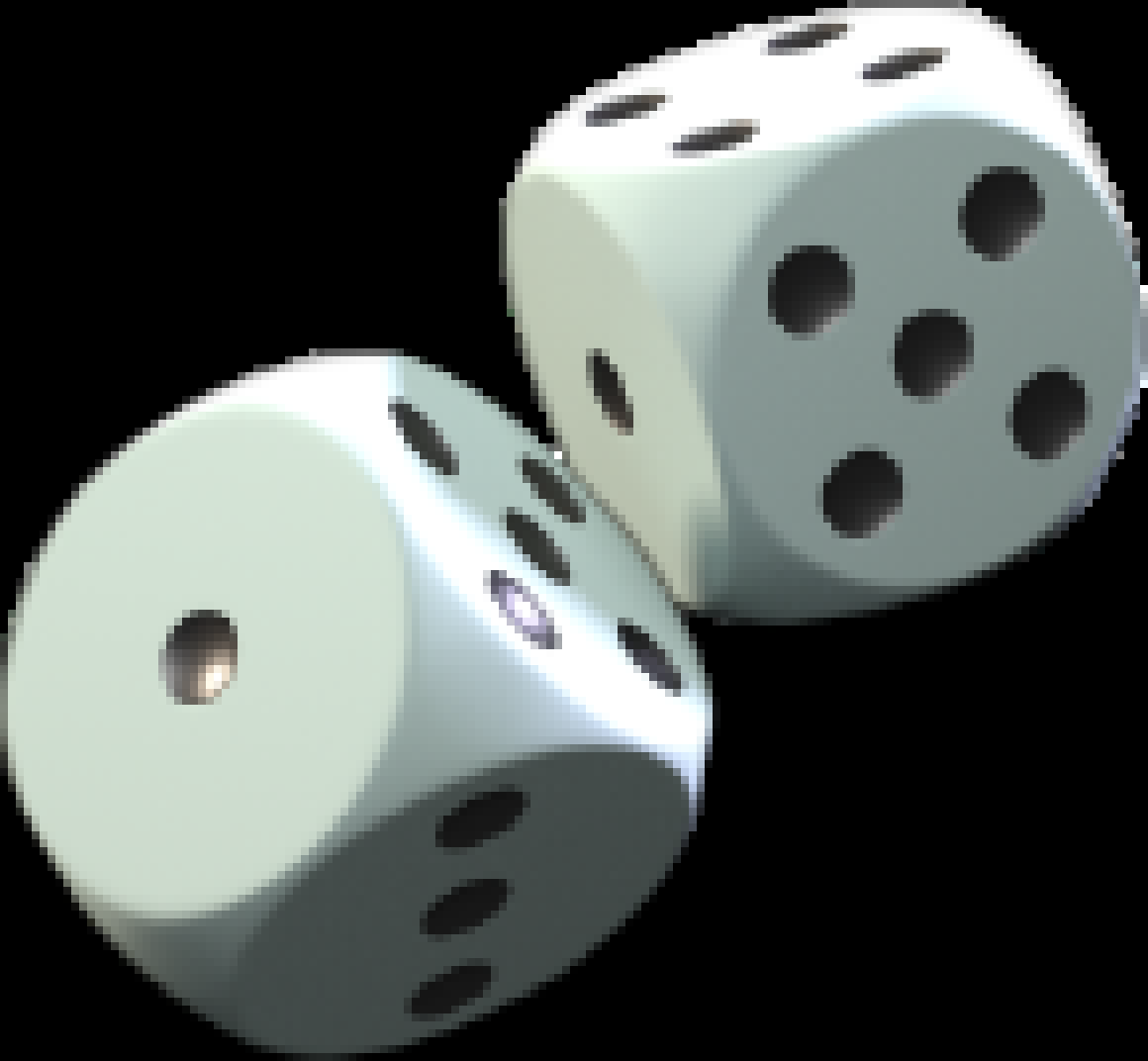1 2 3 4 5 6 7 8 9 10 11 12 13 14 15 16 17 18 19 20 21 22 23 24 25 26 27 28 29 30 31 32 33 34 35 36 37 38 39 40 41 42 43 44 45 46 47 48 49 50 51 52 53 54 55 56 57 58 59 60 61 62 63 64 65 66 67 68 69 70 71 72 73 74 75 76 77 78 79 80 81 82 83 84 85 86 87 88 89 90 91 92 93 94 95 96 97 98 99 100 101 102 103 104 105 106 107 108 109 110 111 112 113 114 115 116 117 118 119 120 121 122 123 124 125 126 127 128 129 130 131 132 133 134 135 136 137 138 139 140 141 142 143 144 145 146 147 148 149 150 151 152 153 154 155 156 157 158 159 160 161 162 163 164 165 166 167 168 169 170 171 172 173 174 175 176 177 178 179 180 181 182 183 184 185
//! Display images in your terminal, kind of //! //!  //!  //!  //!  //! //! # Special thanks //! //! To all who support further development on [Patreon](https://patreon.com/nabijaczleweli), in particular: //! //! //! * ThePhD //! //! # Library doc //! //! This library is used by `termimage` itself for all its function and is therefore contains all necessary functions. //! //! ## Data flow //! //! ```plaintext //! Options::parse() //! |> guess_format() //! |> load_image() //! |> image_resized_size() //! |> resize_image() //! |> write_[no_]ansi[_truecolor]() //! ``` //! //! ### Prose explanation //! //! First, get an `Options` instance, be it via a struct-literal or `Options::parse()`; //! or don't and just create the individual arguments manually. //! //! Then, use `ops::load_image()`. If you know your image's format, great. If you don't, get it via `ops::guess_format()`. //! //! After that resize the image to an output-ready size provided by `ops::image_resized_size()` with `resize_image()`. //! `ops::image_resized_size()` takes into consideration using two pixels per cell in the output functions, //! so the size it returns is twice as tall as the terminal output size passed to it. //! //! Finally, call `ops::write_ansi()`/`ops::write_ansi_truecolor()`/`ops::write_no_ansi()` depending on your liking with the //! resulting image. //! //! Or, if you want to display images manually, use `ops::create_colourtable()` to create an approximate colours table and //! display it, for example, with `ncurses`. //! //! ### Example //! //! This is a complete example, from parsing the commandline to displaying the result. //! //! ```no_run //! # extern crate termimage; //! # extern crate image; //! # use image::GenericImageView; //! # use std::io::stdout; //! # use termimage::*; //! # fn main() { //! # not_main(); //! # } //! # fn not_main() -> Result<(), Error> { //! let opts = Options::parse(); //! //! let format = ops::guess_format(&opts.image)?; //! let img = ops::load_image(&opts.image, format)?; //! //! let img_s = ops::image_resized_size(img.dimensions(), opts.size, opts.preserve_aspect); //! let resized = ops::resize_image(&img, img_s); //! //! match opts.ansi_out { //! Some(AnsiOutputFormat::Truecolor) => ops::write_ansi_truecolor(&mut stdout(), &resized), //! Some(AnsiOutputFormat::SimpleWhite) => //! ops::write_ansi(&mut stdout(), &resized, &util::ANSI_COLOURS_WHITE_BG), //! Some(AnsiOutputFormat::SimpleBlack) => //! ops::write_ansi(&mut stdout(), &resized, &util::ANSI_COLOURS_BLACK_BG), //! None => ops::write_no_ansi(&resized), //! } //! # Ok(()) //! # } //! ``` //! //! # Executable manpage //! //! Exit values and possible errors: //! //! ```text //! 1 - failed to guess the file's format //! 2 - failed to open the image file //! ``` //! //! ## SYNOPSIS //! //! `termimage` [OPTIONS] <IMAGE> //! //! ## DESCRIPTION //! //! Show images in your terminal. //! //! The images are automatically downscaled to the terminal's size and their //! colours are approximated to match the terminal's display colours. //! //! With ANSI output this means a 3-bit colour resolution, with WinAPI - 4-bit. //! //! With WinAPI output the output colours are acquired from the console itself, //! with ANSI output a sane default is assumed. //! //! ## OPTIONS //! //! <IMAGE> //! //! ```text //! Image to display, must end in a recognisable image format extension. //! ``` //! //! -s --size <size> //! //! ```text //! Output image resolution. //! //! By default this is autodetected to match the output terminal's resolution, //! but is required when outputting to a file. //! //! Format: NxM //! ``` //! //! -a --ansi <ANSI_type> //! //! ```text //! Force ANSI output of the specified kind, //! //! The accepted values are "truecolor", "simple-black", and "simple-white", //! truecolor is the default on non-Windows. //! //! Simple ANSI output uses 3-bit background colours for the specified background, //! while truecolor supports the whole 24-bit pallette. //! ``` //! //! -f --force //! //! ```text //! By default the image's aspect ratio will be preserved when downscaling, //! use this option to override that behaviour. //! ``` //! //! ## EXAMPLES //! //! `termimage` [`-s` *NxM*] [`-f`] *assets/image.png* //! //! ```text //! Display assets/image.png in the terminal using the default output type, //! optionally not preserving the aspect ratio. //! ``` //! //! `termimage` [`-s` *NxM*] [`-f`] [`-a` *simple*] *assets/image.png* //! //! ```text //! Display assets/image.png in the terminal using the simple ANSI output type, //! optionally not preserving the aspect ratio. //! ``` //! //! (for f in $(find *image_dir* -type f); do `termimage -s` *NxM* [`-f`] [`-a` *ANSI_type*] $f; done) > *out_file* //! //! ```text //! Print all images in image_dir to out_file. //! //! Note the --size option being specified, since it's required when outputting to a file. //! ``` #[macro_use] extern crate lazy_static; extern crate term_size; #[cfg(target_os = "windows")] extern crate winapi; extern crate image; extern crate regex; #[macro_use] extern crate clap; mod error; mod options; pub mod ops; pub mod util; pub mod migration; pub use error::Error; pub use options::{Options, AnsiOutputFormat};